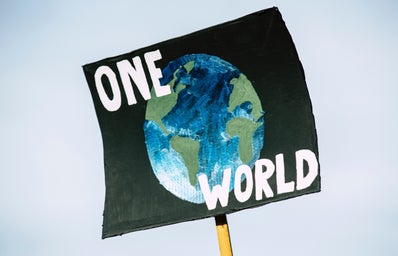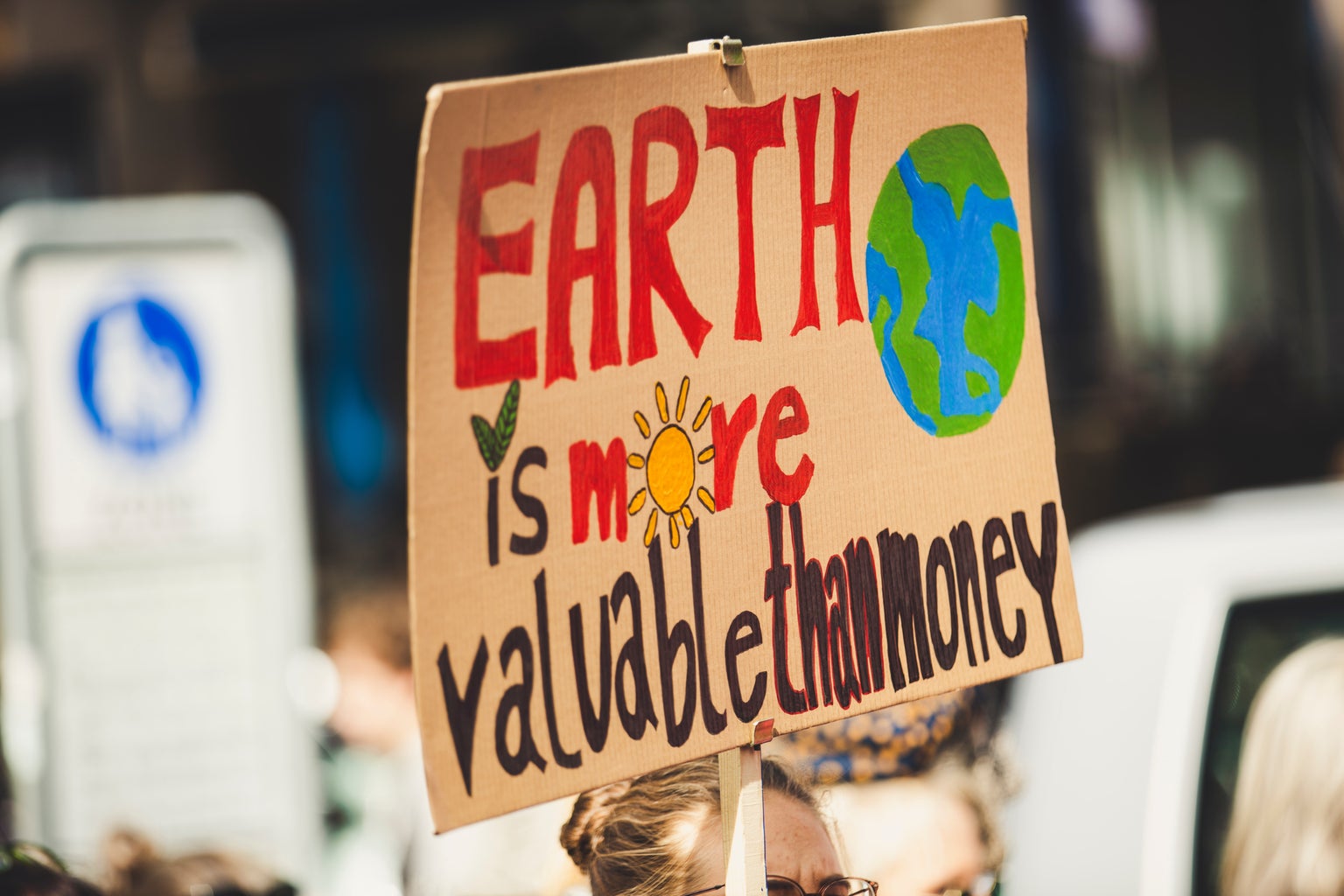From November 6th to November 20th, over 35,000 participants including politicians, scientists, lawmakers, and even a group of students from UConn met in the Egyptian coastal city of Sharm el-Sheikh for the 27th annual Climate Conference. Climate change is an imminent problem with extensive consequences. UN Secretary-General António Guterres has even said that despite the progress that has been made in regard to climate mitigation, more needs to be done to drastically reduce emissions now in order to stop irreversible damage to our planet.
One of the issues of this conference was to decide the limit at which irreversible environmental damage would occur. Secretary Guterres claims that “the red line we must not cross is the line that takes our planet over the 1.5-degree temperature limit,” as this would be detrimental to our planet. However, some scientists claim that 2 degrees is the limit that we should not exceed. Over the course of a couple of weeks, the conference was able to conclude that there is enough evidence to support the idea that 1.5 degrees is the limit at which there is no return, indicating an increased sense of urgency.
This conference also discussed what should be done to help those who were greatly affected by climate change. Although low-income countries produce the least amount of greenhouse gases per capita, they are disproportionately affected by many climate issues. That is why this conference’s decision “to establish and operationalize a loss and damage fund” for those affected by climate change set a historical precedent.
The outlines for the goals of the conference included notes about the urgency of this issue because it is so multifaceted. Some other notes in the conference included the importance of clean energy, education on climate issues, the difference between climate mitigation and climate adaptation, implementing early warning systems, and the finances behind it all, among other important aspects of the path to climate justice.
However, despite the claims made by this conference to improve climate justice, the organizers of this conference may have ulterior motives. For decades, the Coca-Cola company has been known as the world’s largest plastic polluter, much of this plastic being made using fossil fuels. However, despite this knowledge, the coordinators of this Conference on Climate Change still decided to accept Coca-Cola as one of their sponsors.
The announcement of this decision was met with great outcry on social media, as many environmentalists described this conference as yet another example of a phenomenon known as greenwashing. Greenwashing is described as “the process of conveying a false impression or misleading information about how a company’s products are environmentally sound,” especially in more recent years as climate change has been brought to the public eye.
In response to the anger from the public, the Coca-Cola company claimed that they “share the goal of eliminating waste from the ocean and appreciate efforts to raise awareness about this challenge. [They] are prepared to do [their] part and have set ambitious goals for [their] business, starting with helping to collect and recycle a bottle or can for every one [they] sell – regardless of where it comes from – by 2030.” This claim by Coca-Cola is full of empty promises in order to make themselves seem as though they are on our side. Many environmentalists believe that if Coca-Cola were true about their intentions, they would stop producing single-use plastics altogether.
The ramifications of climate change are becoming harder to ignore. This is why it is important that, as consumers, we stay informed about the true intentions of the companies we buy from. It can be easy to fall victim to greenwashing because large companies tend to want to stay in power, doing anything they can to make sure that they keep up the demand for their products. It is up to us as consumers to hold these companies accountable for their unsustainable actions. We have more power than we think.



